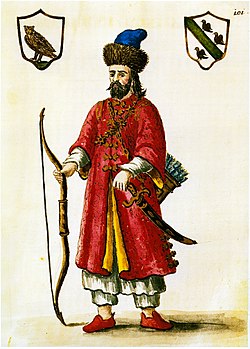Italo Calvino (1923-1985) was a Cuban-born Italian journalist, essayist, short story writer and novelist well admired in Britain and America, who was a strong contender for the Nobel Prize. In the words of John Updike, “Calvino was a genial as well as brilliant writer. He took fiction into new places where it had never been before, and back into the fabulous and ancient sources of narrative.” (quoted in “Italo Calvino, The Art of Fiction No. 130”, The Paris Review, Fall 1992)


The English writer Jeanette Winterson remarked that Invisible Cities was the book she would “choose as pillow and plate, alone on a desert island.” And the American writer Gore Vidal wrote: “Of all tasks, describing the contents of a book is the most difficult and in the case of a marvelous invention like Invisible Cities, perfectly irrelevant.”
Read a page from the book:

Kublai asked Marco: “You, who go about exploring and who see signs, can tell me toward which of these futures the favoring winds are driving us.”
“For these ports I could not draw a route on the map or set a date for the landing. At times all I need is a brief glimpse, an opening in the midst of an incongruous landscape, a glint of lights in the fog, the dialogue of two passers-by meeting in the crowd, and I think that, setting out from there, I will put together, piece by piece, the perfect city, made of fragments mixed with the rest, of instants separated by intervals, of signals one sends out, not knowing who receives them. If I tell you that the city toward which my journey tends is discontinuous in space and time, now scattered, now more condensed, you must not believe the search for it can stop. Perhaps while we speak, it is rising, scattered, within the confines of your empire; you can hunt for it, but only in the way I have said.”

He said: “It is all useless, if the last landing place can only be the infernal city, and it is there that, in ever-narrowing circles, the current is drawing us.”
And Polo said: “The inferno of the living is not something that will be; if there is one, it is what is already here, the inferno where we live every day, that we form by being together. There are two ways to escape suffering it. The first is easy for many: accept the inferno and become such a part of it that you can no longer see it. The second is risky and demands constant vigilance and apprehension: seek and learn to recognize who and what, in the midst of the inferno, are not inferno, then make them endure, give them space.”
—–

—-
Image Credit:
Featured: Pixabay
Other: Marco Polo leaving Venice (detail) by User “cea+”, CC BY SA, Flickr
—-
![]()

The eternal fascination of Marco Polo. I found a copy of Marco Polo’s Travels on my father’s bed after he died.
Thank you or visiting my blog, AgathaO.com, and thereby giving me the opportunity to find yours. What a curator you are!
LikeLiked by 1 person
Calvino’s book is truly awesome. Something very unique!
And thanks for following my blog. 🙂 I’m glad you appreciate my curation.
LikeLiked by 1 person